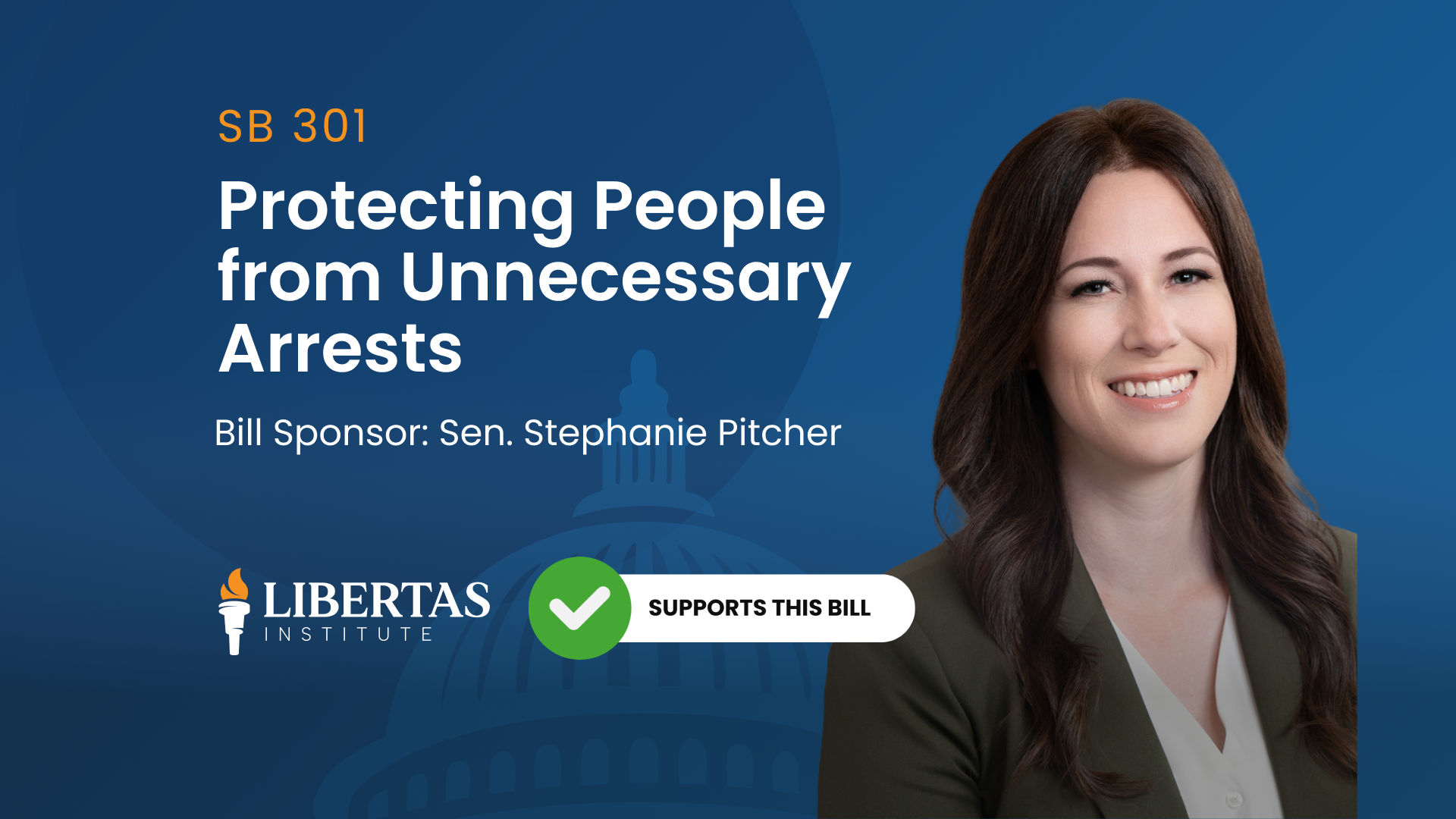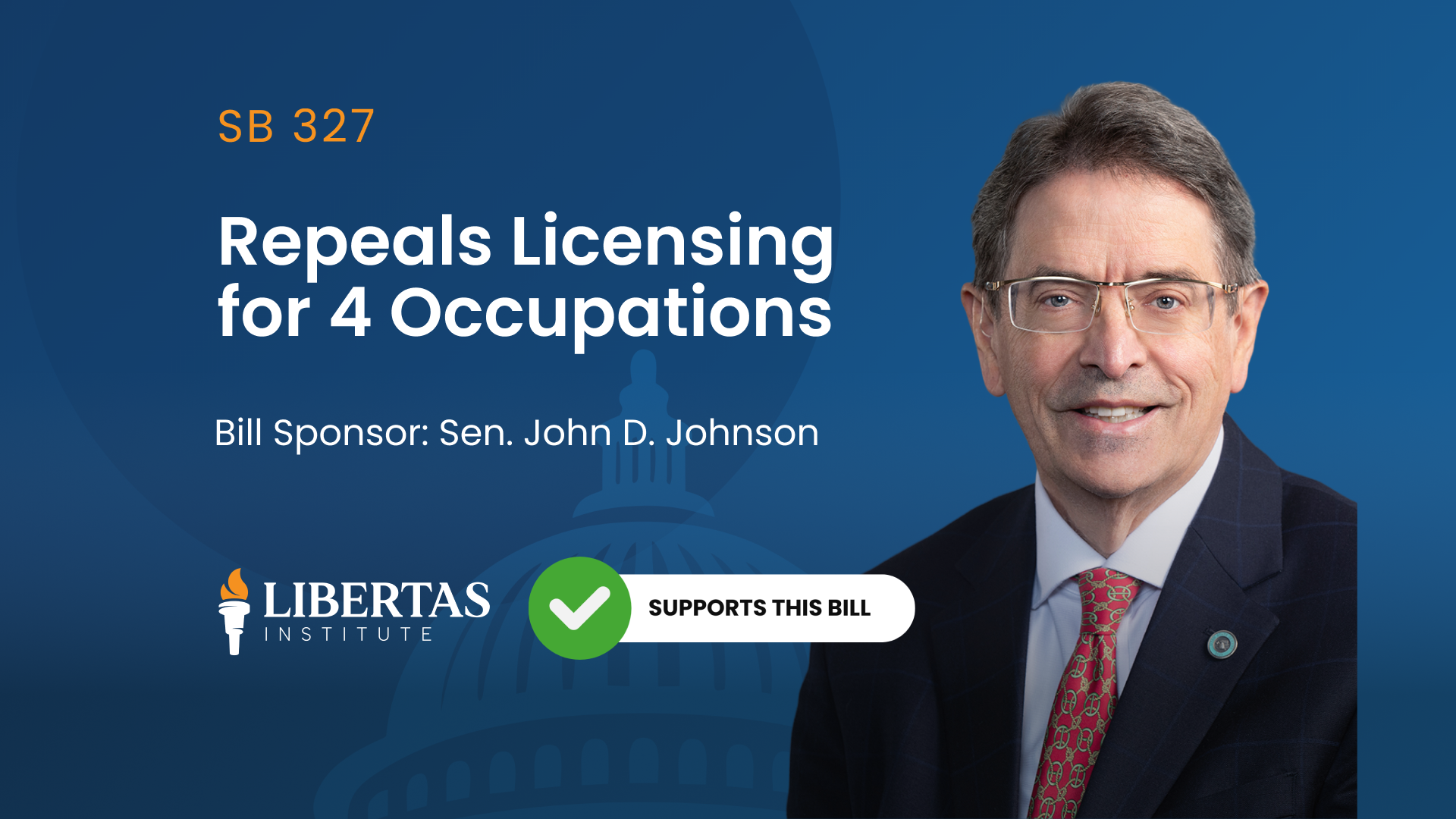To track the status of this bill, find it on our Legislation Tracker. Click here to contact the sponsor of the bill to share your thoughts, or click here to email your Senator and Representative about it.
Libertas Institute supports this bill
For many decades, Utah residents have faced an enormous amount of restriction and regulation when it comes to how they can use their property. Through zoning, the government enforces minimum lot sizes, setback requirements, and other rules that prevent property owners from using their land to build additional housing—even for their own children. These restrictions limit property rights and contribute to rising housing costs and reduced affordability for families.
HB37 (1st Substitute), sponsored by Representative James Dunnigan, offers a modest but welcome step toward easing these restrictions. HB 37, by proposing changes to the state’s moderate income housing requirements, enables local governments to do the following:
- Grant home builders that are willing to construct smaller or lower priced single-family homes the ability to construct more homes than the current zoning allows. This “density bonus” could also be granted to home builders who agree to restrict some or all of the homes to be owner-occupied for at least five years.
- Grant builders of multi-family homes the ability to build denser or taller projects if they agree to restrict some or all of the homes to be owner-occupied.
The bill also encourages local governments to adopt these (and other recently added strategies) when updating their zoning ordinances to comply with moderate income housing requirements. In exchange, they can reduce the total number of planning and zoning changes they must make.
While this approach to expanding property rights has its advantages, it also comes with some drawbacks. For one, the bill adds more complexity to an already overly intricate set of moderate income housing requirements. It also fails to grant additional property rights to individual homeowners who wish to subdivide one lot. Moreover, some provisions in the bill could be improved. For instance, a better reform would allow single-family homes on 1/8-acre lots rather than the 1/6-acre minimum the bill proposes. The most troubling provision, however, permits local governments to negotiate for preferential treatment for certain homebuyers—such as government employees—when homes in a new development are up for sale. This kind of favoritism is unfair, as government employees are no more entitled to housing than any other buyers in the market.
However, because the bill does enable the construction of more homes without government subsidy, and expands property rights in certain circumstances, HB 37 deserves support.




